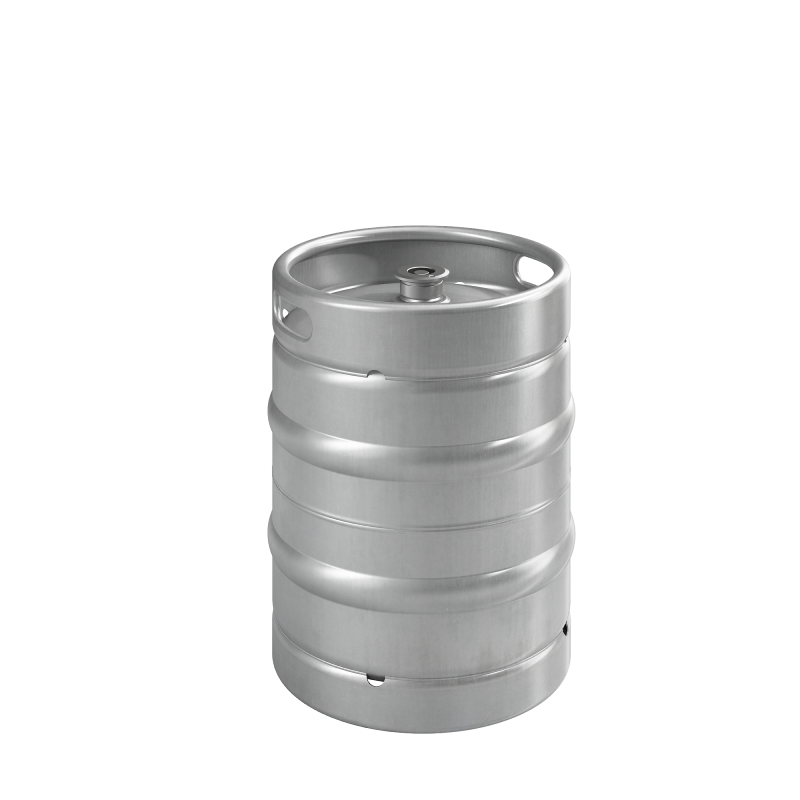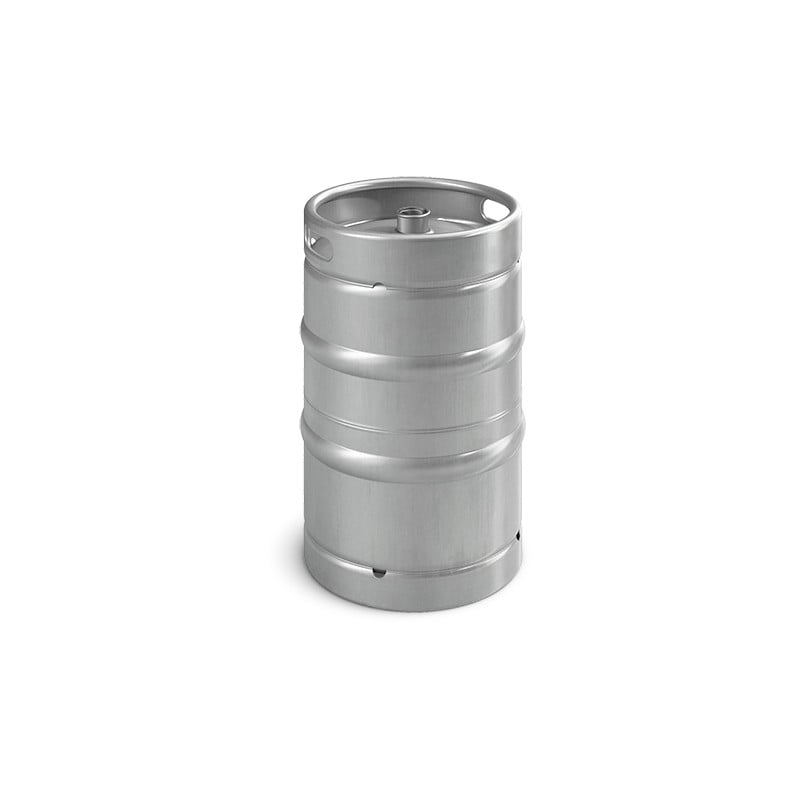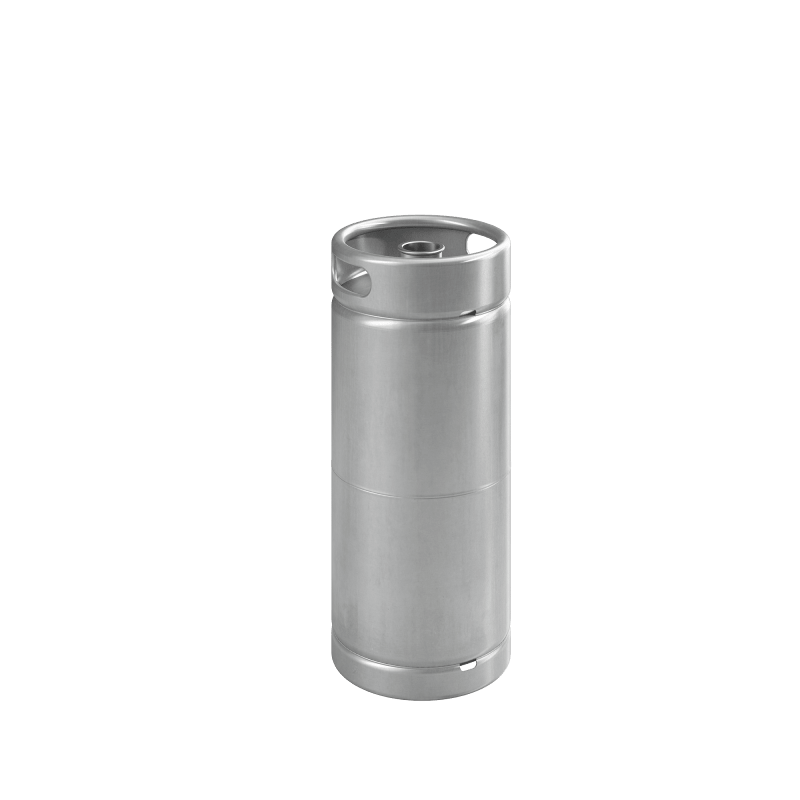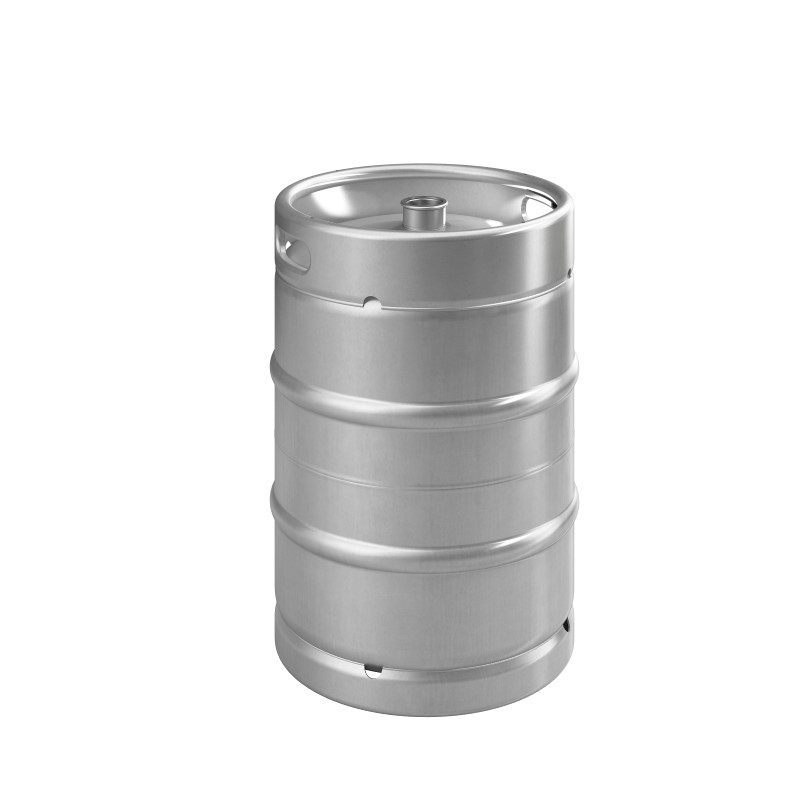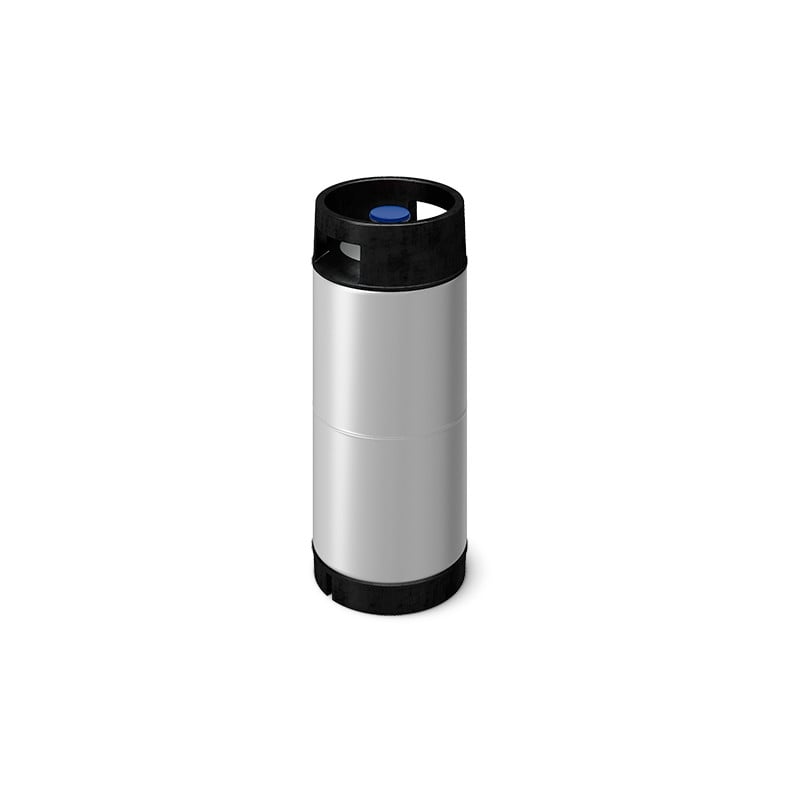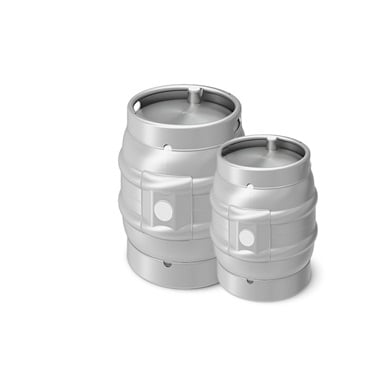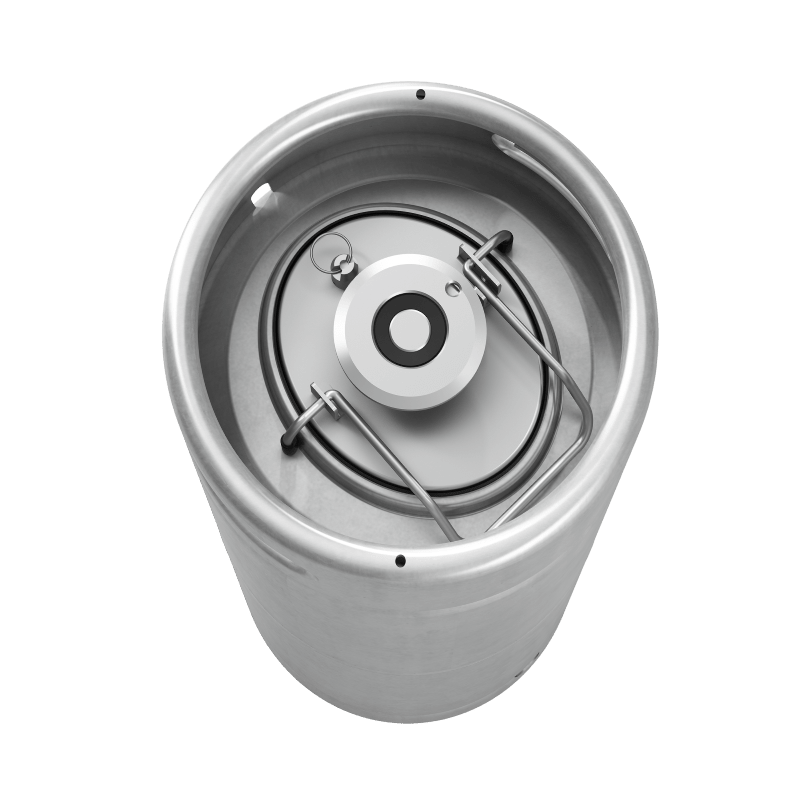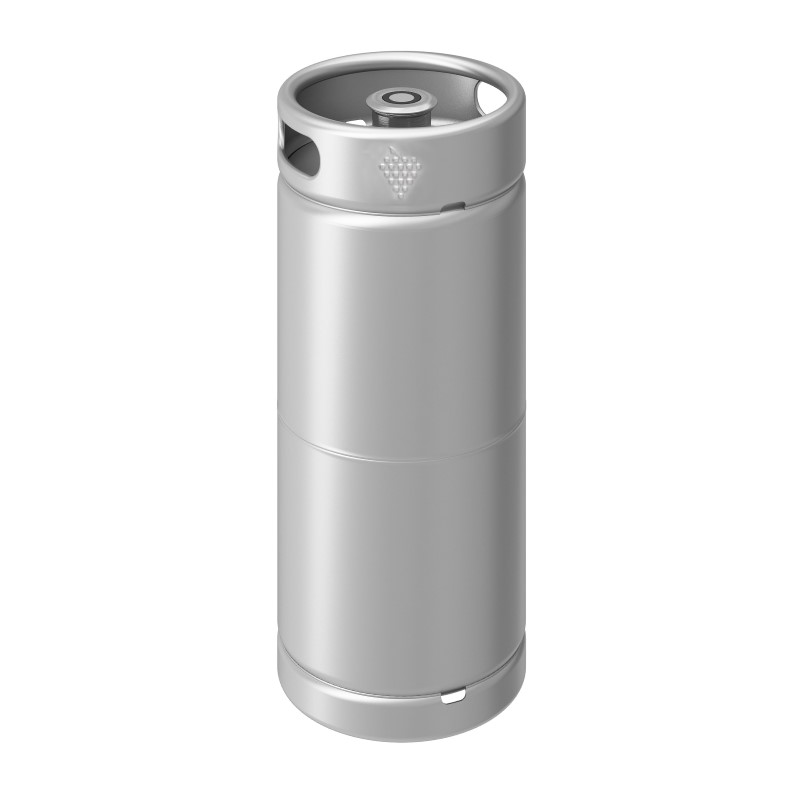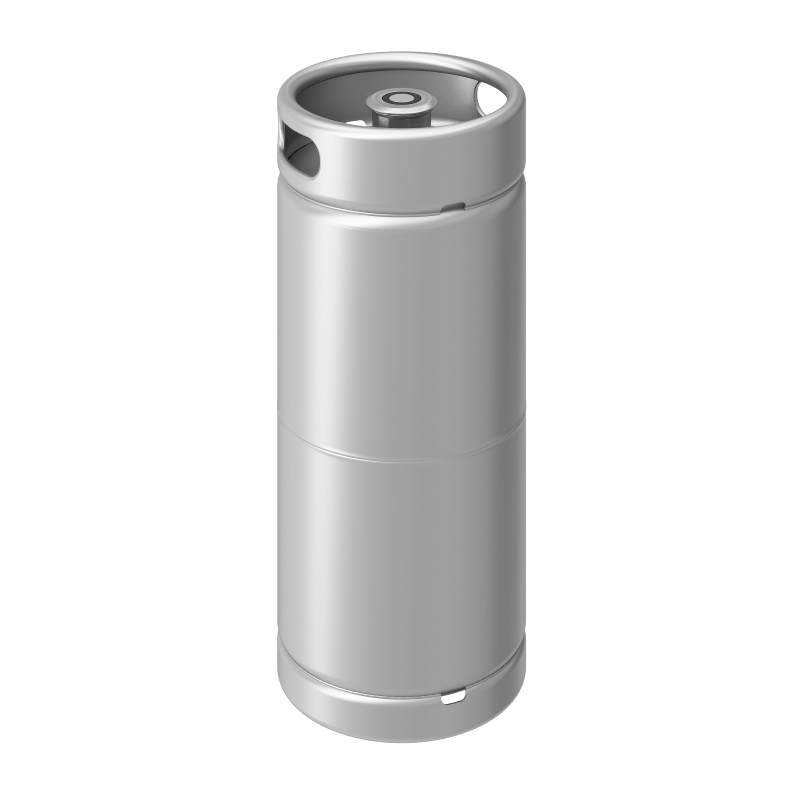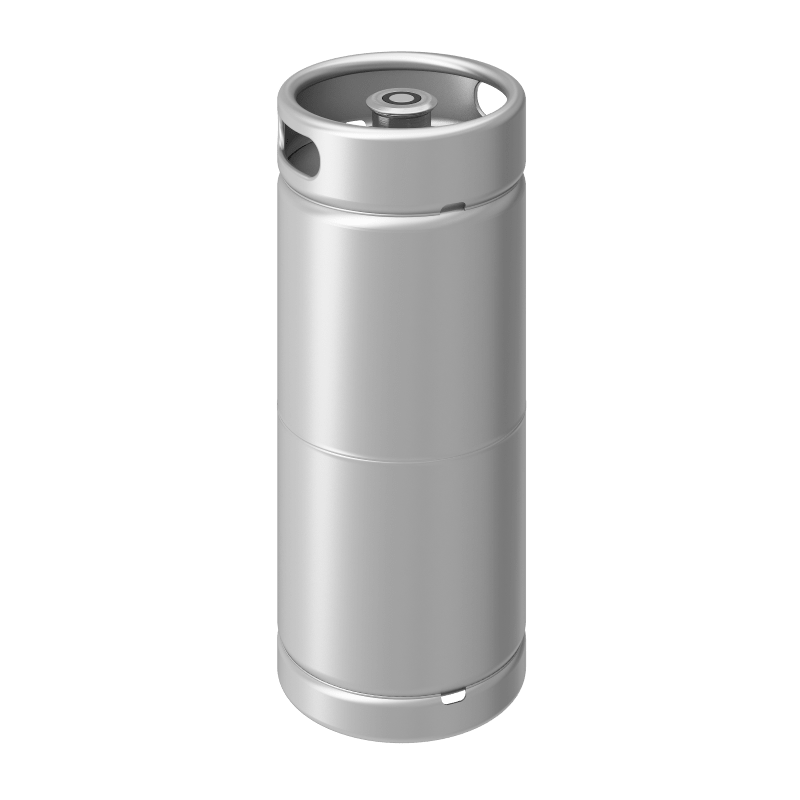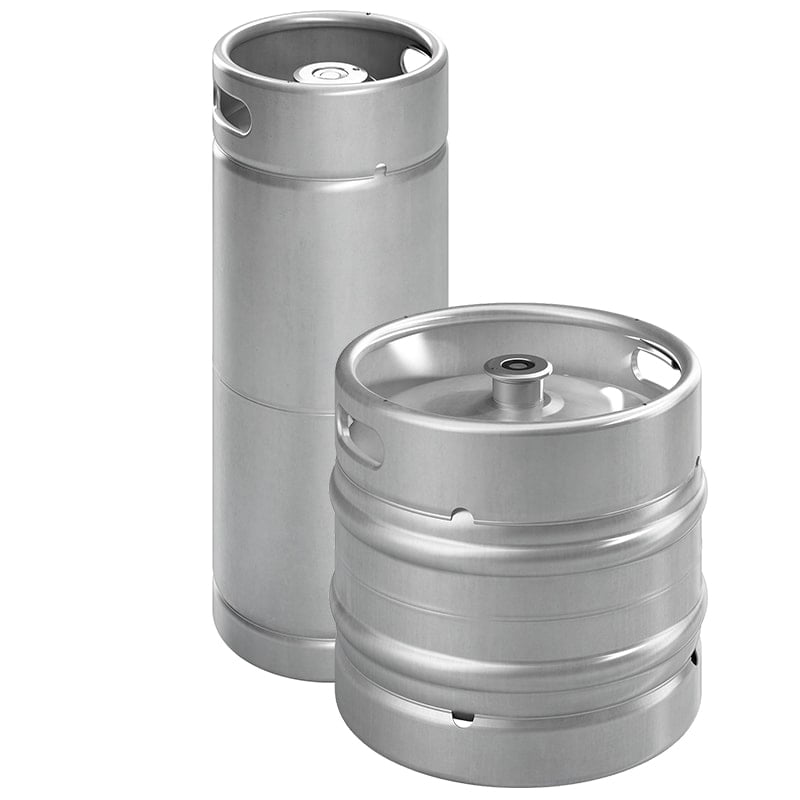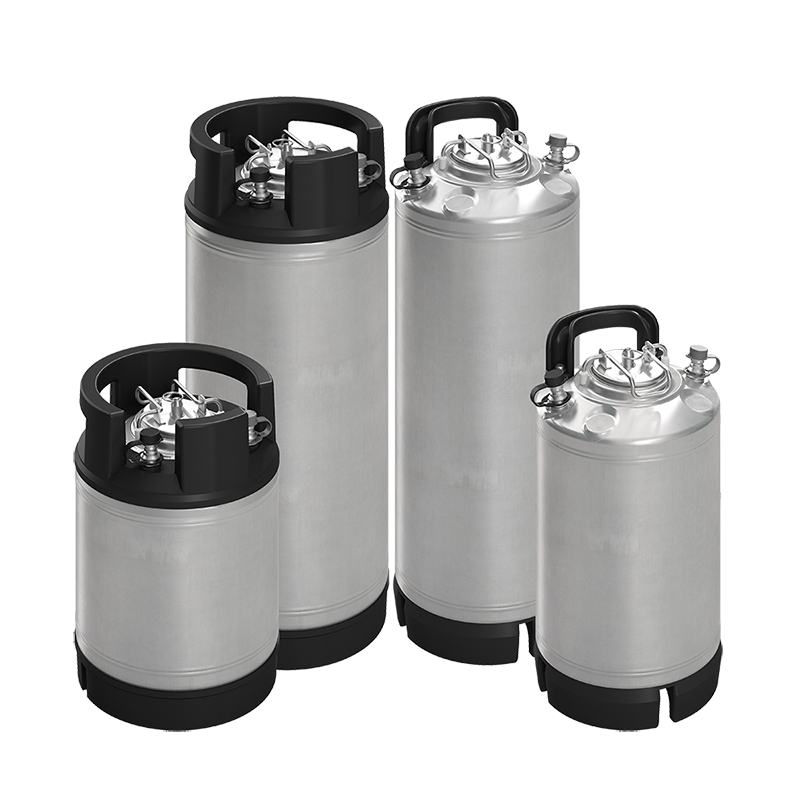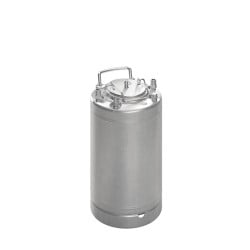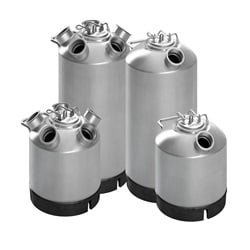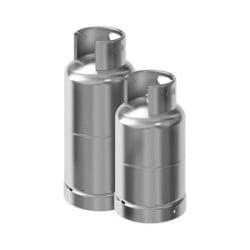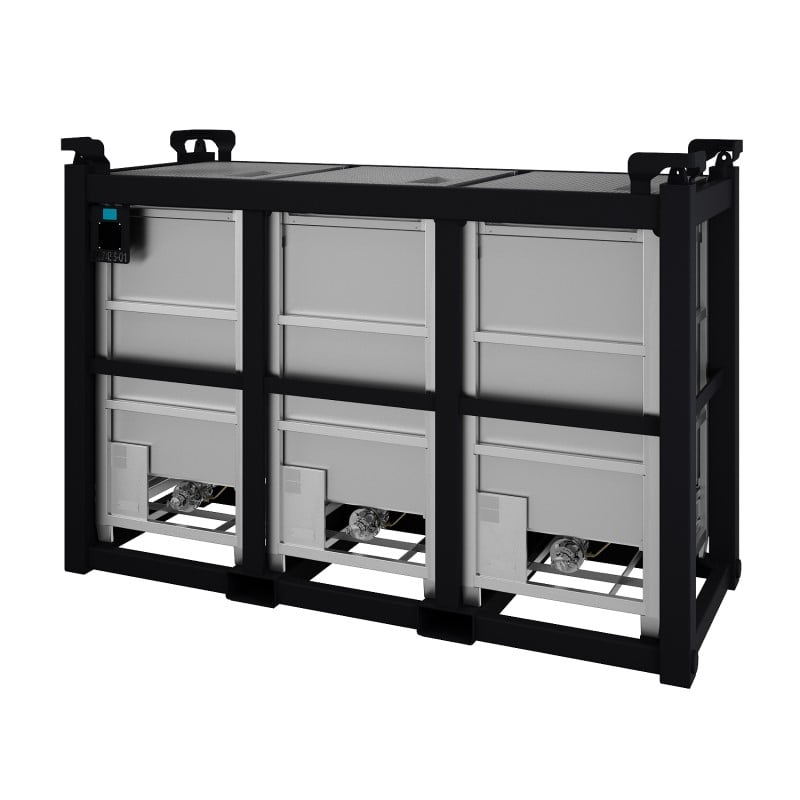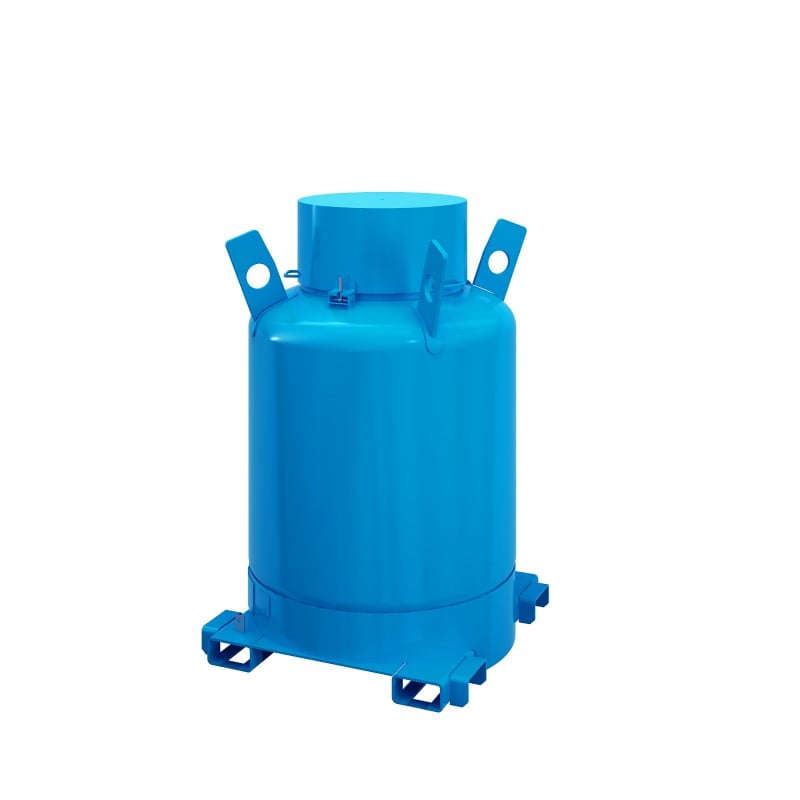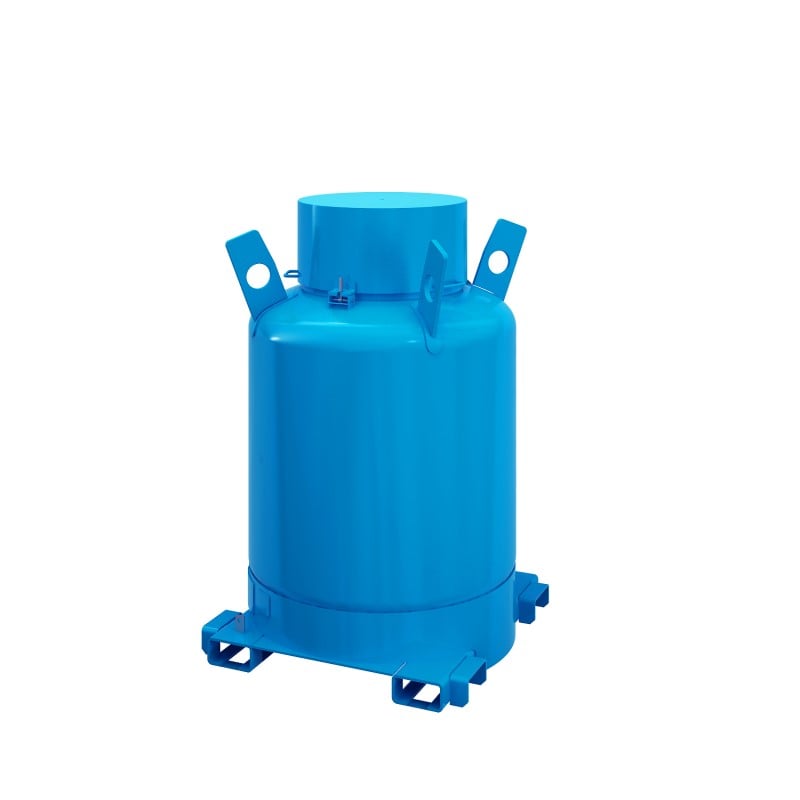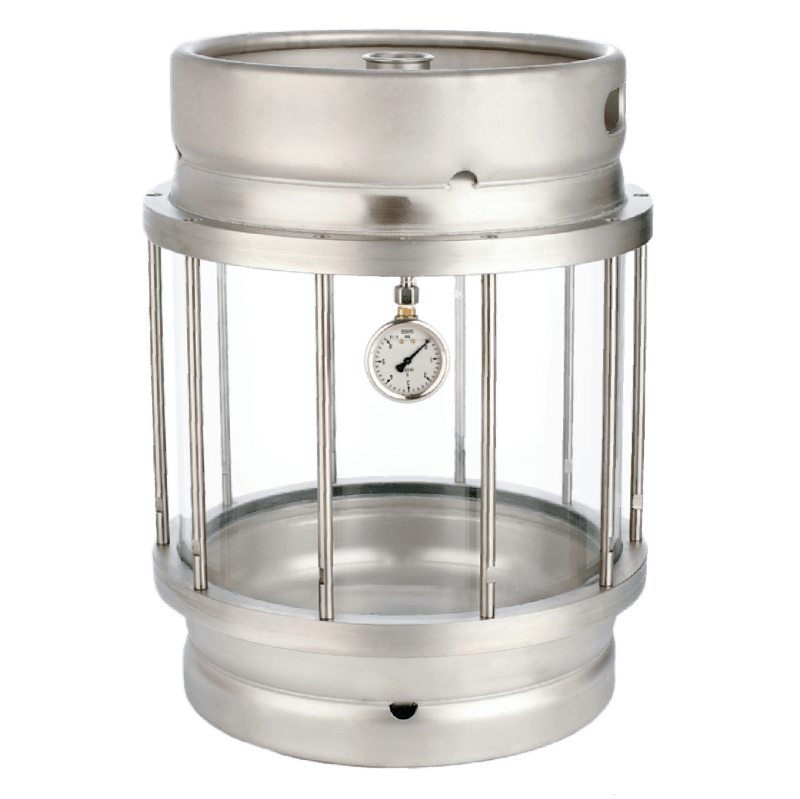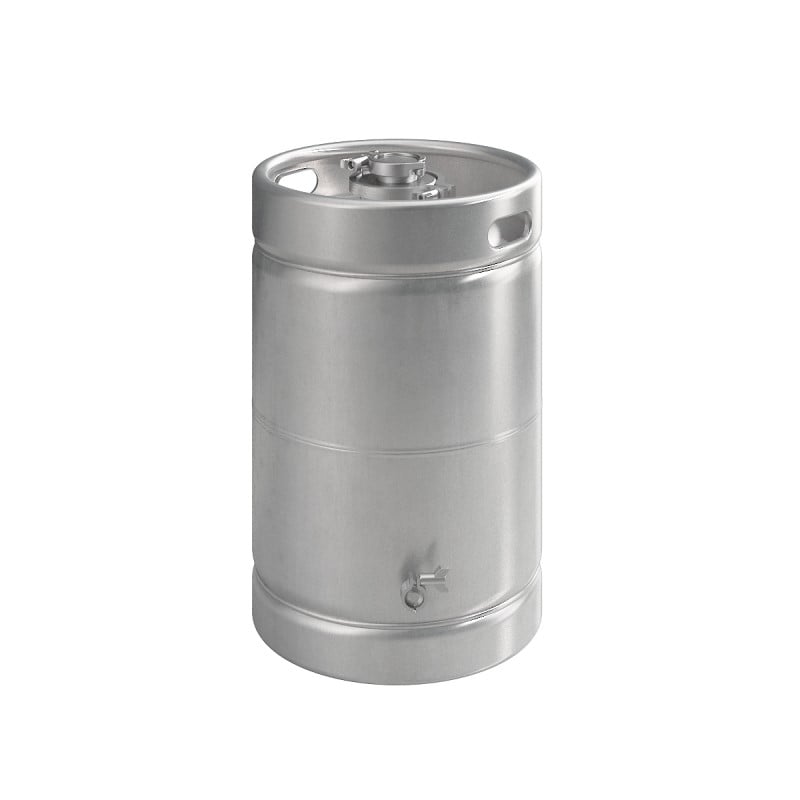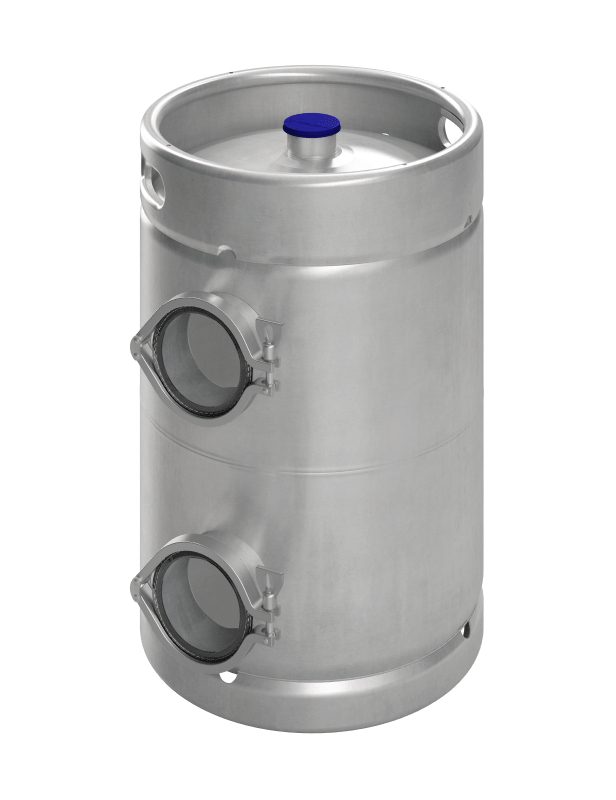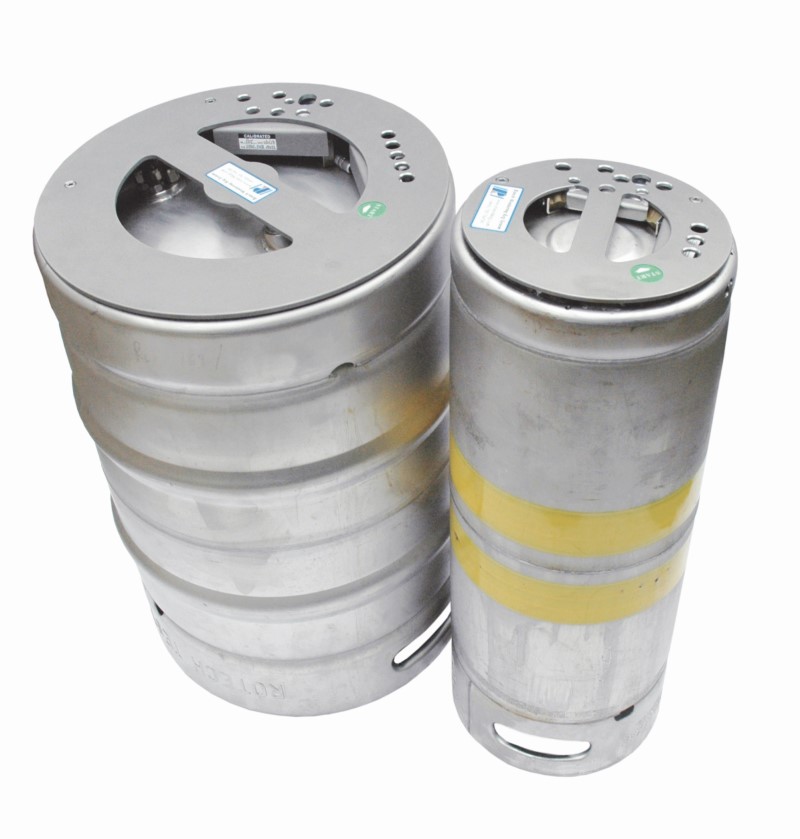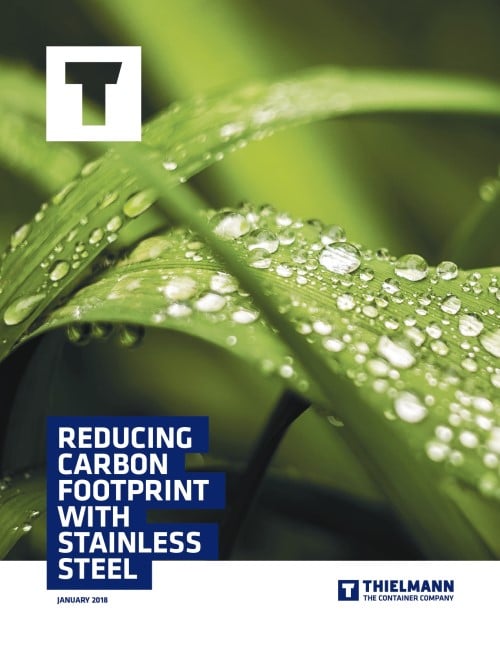📄 WHITEPAPER
Reducing carbon footprint with stainless steel
![]()
The beverage sector has started implementing a number of strategies to reduce its impact on the global climate, with a focus on packaging material selection, distribution logistics and recycling rates, among others. Life Cycle Assessment is undertaken to systematically record and analyze the carbon footprint of a product or service throughout its entire lifecycle.
Choosing products with a low carbon footprint is one of the ways in which a consumer can make a difference – and the refillable and reusable character of THIELMANN stainless steel kegs makes their carbon footprint lower than that of single-use plastic kegs.
Please complete the form to download your complimentary copy of this whitepaper to your device.


